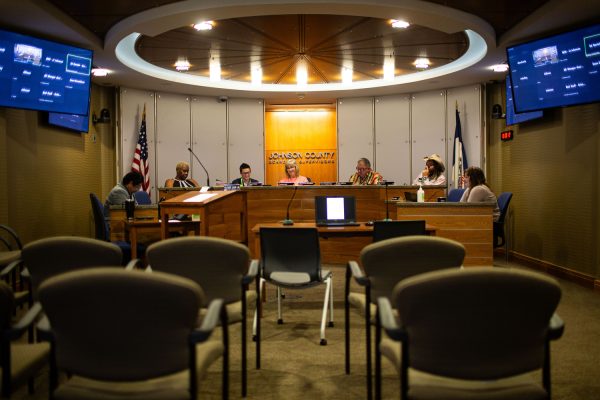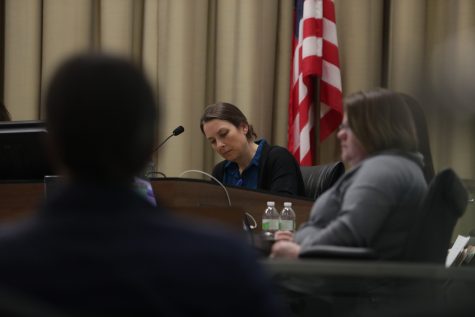UIHC alcohol abuse screenings, shared governance model honored with Magnet designation
While being evaluated for Magnet re-designation, two UIHC nursing initiatives were deemed exemplary.
The Daily Iowan; Photos by Fengz
(Fengzhao Xu/The Daily Iowan)
September 30, 2018
Two nursing initiatives at University of Iowa Hospitals & Clinics have been deemed exemplary by Magnet because of their competency and diversity.
Magnet is a program through the American Nurses Credentialing Center that sets standards for nursing programs across the country. The UIHC programs that the center recognized are competency in alcohol-abuse screenings for psychiatric patients and shared governance model.
Alcohol-abuse screening is part of the admissions assessment when new psychiatric patients are admitted. Hospitals are required to complete these screenings because in many cases there is a direct correlation between alcohol abuse and psychiatric disorders, Director of Behavioral Health Services John Wagner said.
Nursing staff at UIHC were 100 percent competent in completing alcohol-abuse screenings for two years, said Dana Cook, nursing practice leader for Behavioral Health Services, said. While nearly all hospitals exercise this measure, Magnet specifically recognized UIHC’s nursing efficiency.
“We made it part of the nursing workflow,” Cook said. “Nurses don’t even need to think about it, it’s just part of their routine admissions assessment. I was surprised that Magnet indicated this was exemplar because it’s just what we do. We were very happy they recognized our work.”
The other Magnet-recognized program is the shared governance model at UIHC. Nursing staff serves on various committees and councils to have a say in how their practice can improve, said Lou Ann Montgomery, the director of nursing professional development and advanced practice.
“It really puts the decision-making in the hands of the people who are closest to the patients,” she said. “They know the work that needs to be done, they know what patients need, they can rely on other leadership to help them. It’s the frontline staff driving decisions of care.”
What started off in 1975 with a few committees blossomed into 1,800 members serving 29 committees and councils in nursing, including diversity, patient education, professional nursing practice, staff education, and more, she said.
Based on their position, nurses and other hospital staff may be appointed to serve on a council, she said. Committees, however, are interest-based groups. At the start of each calendar year, staff may sign up to serve on a committee they are particularly passionate about.
Nurses are not the only hospital vocation serving on committees and councils. Many of the groups are interdisciplinary with other UIHC departments and staff. While many hospitals have a shared-governance model, UIHC’s program was recognized for its wide variety of committees and councils and the way they work together to serve a common goal: giving the best patient care possible, Montgomery said.
“That’s one really robust example of our commitment to nursing excellence just [because] it’s the right thing to do, but it also helps us maintain our Magnet status,” said Sara Caven, the director of centralized functions and the UIHC Magnet Program.
Other hospitals will get the opportunity to learn from UIHC’s exemplary programs next fall at the Nurses Center National Magnet Conference when UIHC submits its exemplars as presentations.
UIHC will submit both exemplars — alcohol-abuse screenings and shared-governance model — as presentations for next year’s National Magnet Conference, Caven said. Hospitals from around the country are able to learn from other exemplary practices in nursing.





















